The mental health strategy for high performance sport in Canada: What national sport organization leaders and staff should know
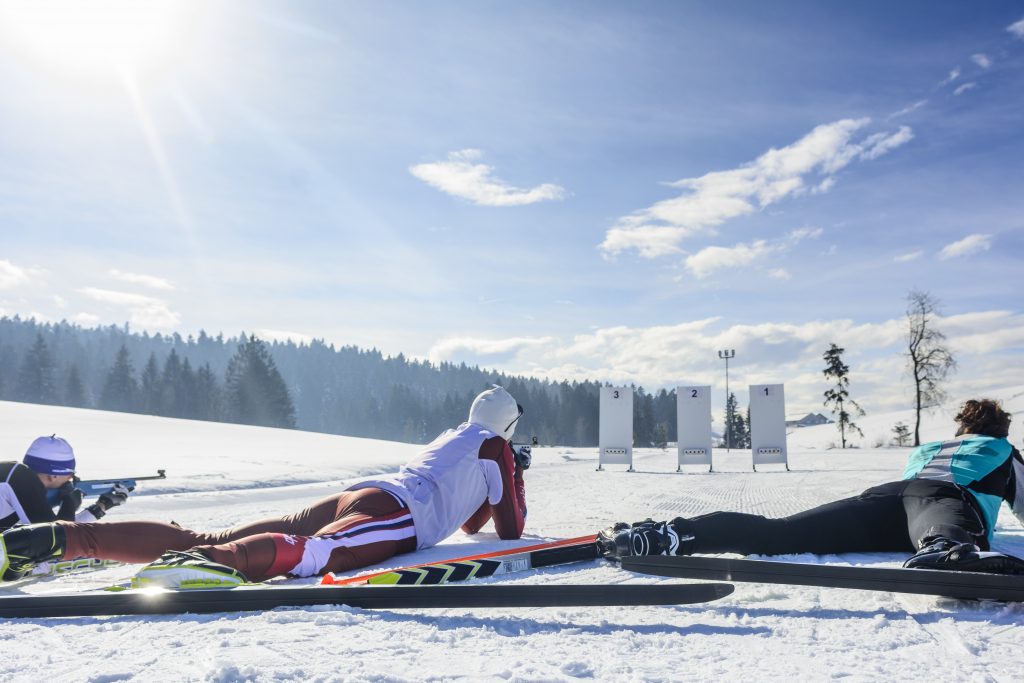
Highlights Brave testimonies by Canadian athletes such as Clara Hughes, Nadia Popov and Brittany MacLean as well as tragedies like the suicide of university basketball player Alex McLaughlin shed light on the fact that mental health challenges happen to athletes too. Athletes, coaches and support staff have unique needs, demands, pressures and expectations that they…
Lessons about mental health from the Olympics and Paralympics in Tokyo
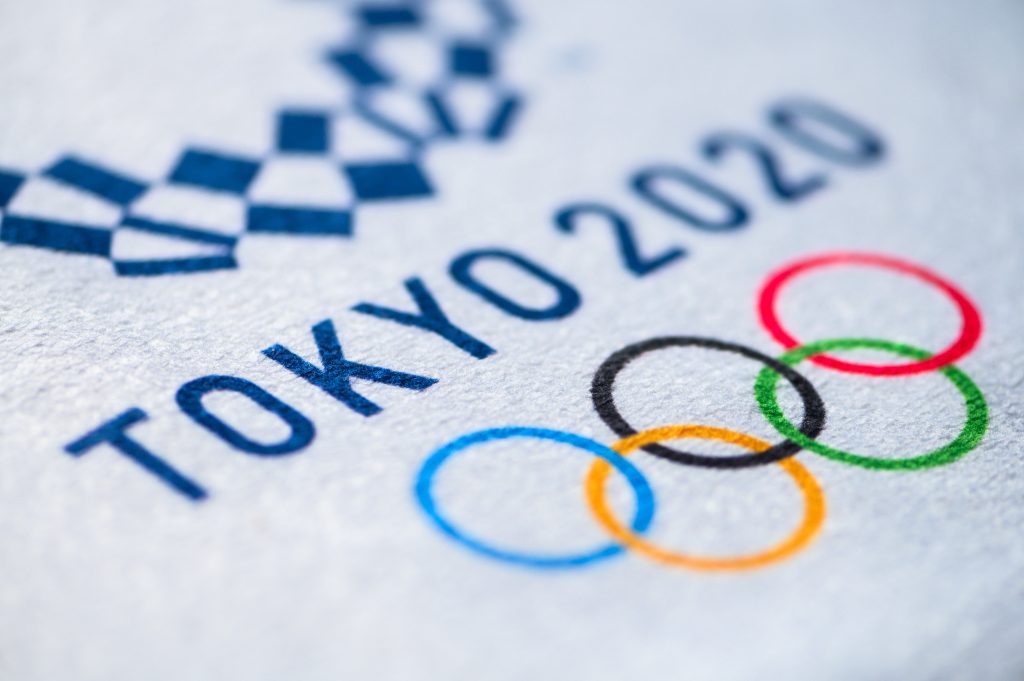
Highlights For athletes, coaches, and others who worked tirelessly to make the Tokyo Olympic and Paralympic Games a success, the global COVID‑19 pandemic increased stress and added to the already pressure-packed environment. When USA Gymnastics legend Simone Biles put her mental health ahead of the competition, she elevated discussions around mental health to historic levels….
How Volleyball Canada is taking an evidence-based approach to concussion prevention
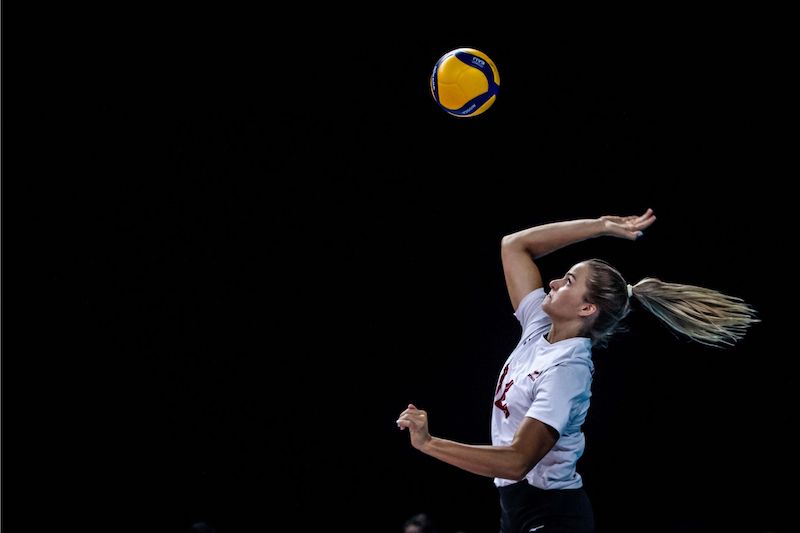
Highlights “You have a concussion.” These are words that no athlete wants to hear. What exactly does it mean? Perhaps a full stop to sport-related activities. Or, no longer being able to practise, train or compete. Maybe uncertainty around recovery times or a return to play, and questions about future risks and implications. In recent…
You-CAN: Peers help youth athletes with concussions through education and social support
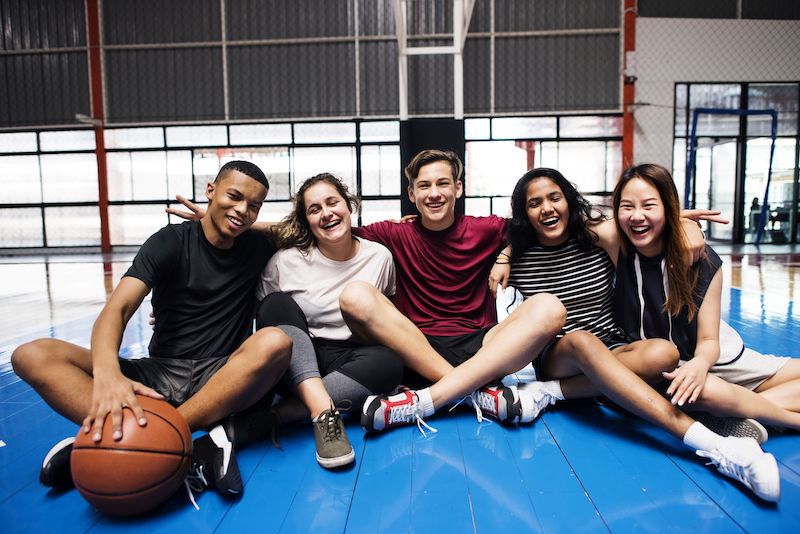
Highlights The number of concussions reported among Canadian youth has increased annually by 10.3% between 2004 and 2015. Many concussions go unreported by youth due to their lack of knowledge, thinking it won’t make a difference, believing their friends will treat them differently and a lack of self-efficacy. Improved concussion reporting and health outcomes may happen by understanding that social networks strongly influenced youth, exploring new ways of enabling youth to help each other learn about concussion and supporting recovery after…
Concussion in Para athletes: One size doesn’t fit all
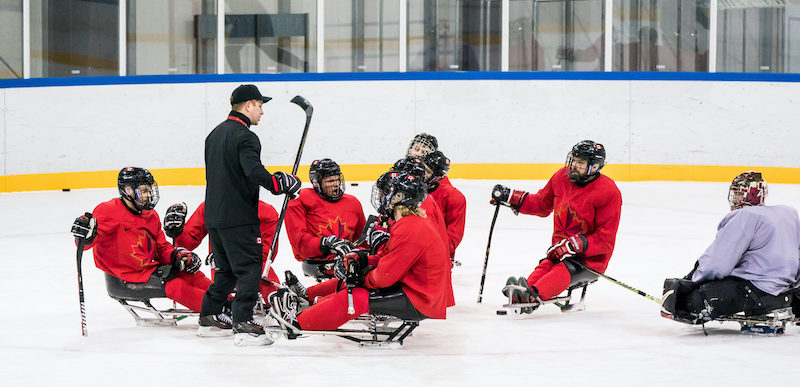
Highlights In 2020, an international group of clinicians, researchers and athletes met virtually to explore how to best assess and manage concussion in an athlete with a disability. This group’s individuals had experience and expertise in the care of Para athletes, and in the assessment, management and prevention of concussion. They named themselves the Concussion…
How biological sex and gender affect concussion risk and management
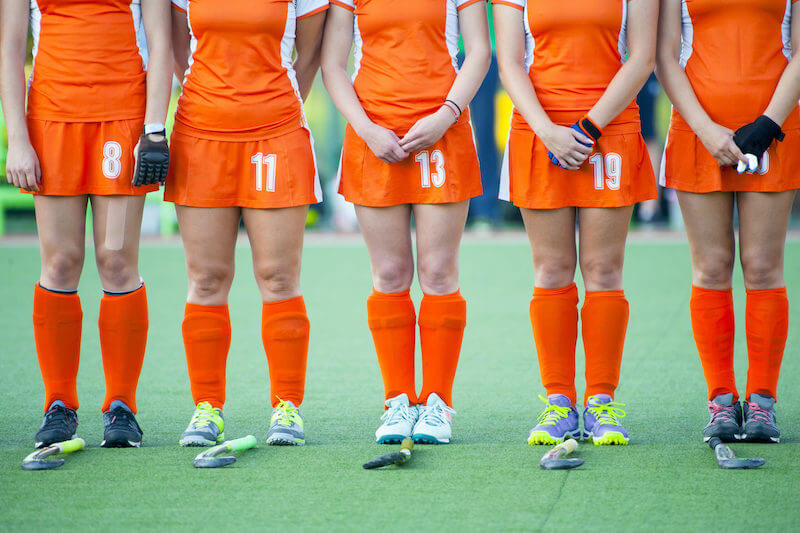
Highlights Concussion recovery depends on many factors, including biological factors (for example, anatomy) and gender-based factors (for example, societal norms in sport). Research shows that female athletes have a higher risk of concussion than male athletes, male and female athletes experience concussions in different ways, and female athletes may take longer than male athletes to…
Activating Safe Sport communities

Highlights In May 2021, the Sport Information Resource Centre (SIRC) announced the launch of its Community Activation Grants. This program supports sport organizations in developing and disseminating concussion and Safe Sport resources in Canadian communities. The launch was set against the backdrop of the Government of Canada’s commitment to reactivate local sport organizations, after the COVID‑19…
The new normal? How digital innovation evolved the fan experience

Highlights Sport, like all industries, adapted to the challenges of the ongoing COVID‑19 pandemic. Competitions and events were cancelled or they continued in empty stadiums. Over the past year, high-performance athletes have become used to long periods of isolation and competing on the world’s biggest stages without the roar of the crowd. At the same…
Tokyo, Beijing and a global pandemic: How 4 sports are advancing Safe Sport
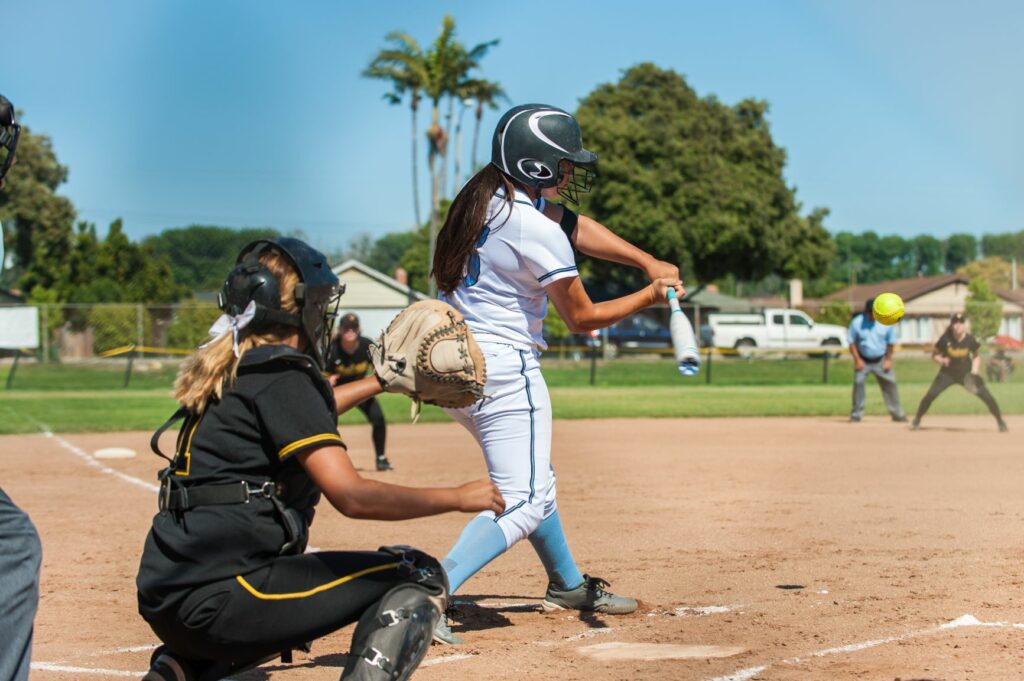
Highlights Perhaps not surprisingly, the unofficial theme of the Tokyo 2020 Olympic and Paralympic Games has been ‘safety first.’ Postponed from 2020 to 2021 due to the COVID‑19 pandemic, the Summer Olympic and Paralympic Summer Games are scheduled to take place respectively from July 23 to August 8 and from August 24 to September 5. Even before the…
The evolution of the active economy

Highlights In November 2018, Calgarians participated in a plebiscite to decide if the city should proceed with a bid to host the 2026 Olympic and Paralympic Games. Calgary’s shot at hosting its second Olympics and first Paralympics came to an end as 56.4% opposed bidding. This was perhaps the final straw in what we, Calgary-based academics at Mount Royal University, had seen…